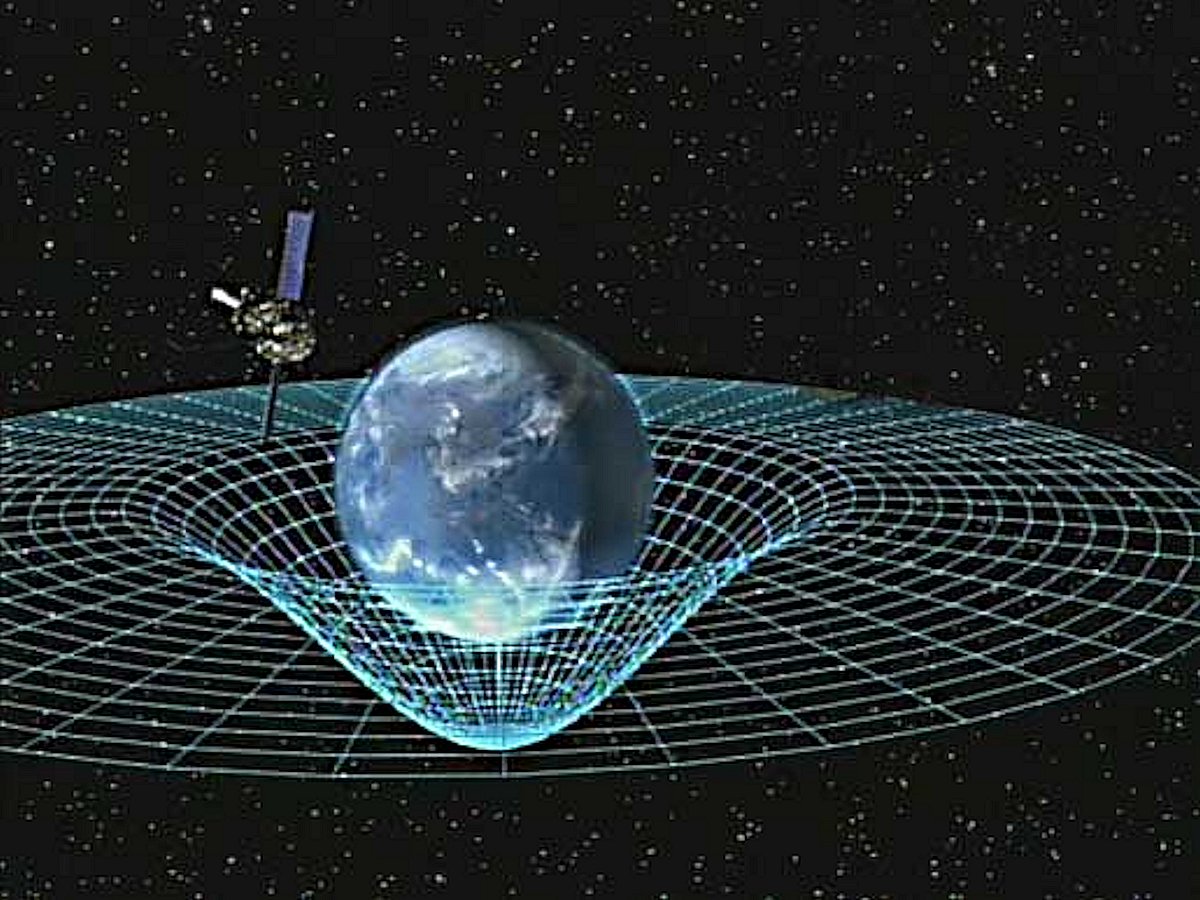Astronomical Coordinate Systems Questions

Question:
I am an adult without alot of astronomy background – just got interested very recently, spending time looking out my window while sheltering in place.
Here’s my question… I believe that in the geocentric ecliptic coordinate system, longitude 0 is the position of the sun at the vernal equinox. Is it also true then that in the heliocentric ecliptic system, earth is at longitude 180 at the vernal equinox because from the sun you’d be looking back in the opposite direction?
If I’m allowed a second question, is there a coordinate system in which the movements of all objects can be tracked without the grid itself moving? I mean, since our solar system is moving, neither ecliptic system stays still. Is there a notational system where you would have grid coordinates for where the sun is today and where it was 12000 years ago, and the same for all the objects in the universe?
tx!
Julia
Answer:
To answer your first question, keep in mind that the geocentric ecliptic coordinate system is, as the name implies, an Earth-centered coordinate system. At the vernal equinox the Sun is indeed at geocentric ecliptic longitude 0, and the Earth is the reference point for this observation of the Sun. Regarding your second question, there are no grid-like coordinate systems that I am aware of that can track the motions of objects without that grid requiring some kind of adjustment. A good example is the geocentric ecliptic coordinate system, but needs regular adjustment due to the precession of the Earth’s rotational axis.





